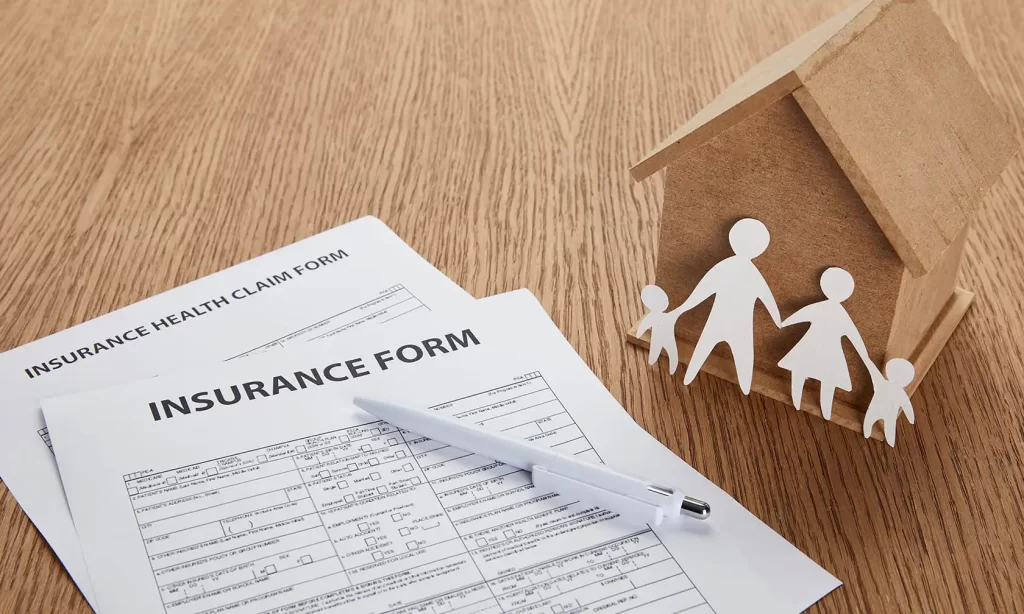The aging population, particularly the baby boomer generation, is living longer but facing more severe health challenges than previous generations, according to a recent report from *The Guardian*. The article highlights that while medical advancements have extended life expectancy, the quality of health in older age is deteriorating, creating a significant need for proactive financial and estate planning.

Why Planning is More Critical Than Ever
With the baby boomer generation living longer but facing increased health problems such as mobility issues, cognitive decline, and chronic illnesses, the need for long-term care planning has become essential. In the absence of proper planning, families may face financial strain, difficult decisions about care, and challenges in protecting assets.
Comprehensive planning can protect individuals and families from the skyrocketing costs of healthcare, ensure that loved ones are taken care of, and secure an individual’s legacy. Below are key areas that should be prioritized in light of the current reality.
Long-Term Care Planning
One of the most pressing issues facing aging individuals is the cost of long-term care. Whether in-home care, assisted living, or nursing home care, the expenses can be overwhelming. Without proper planning, these costs can quickly deplete an individual’s savings and estate, leaving nothing behind for loved ones.
Long-term care insurance is one solution, offering protection by covering some or all of the expenses related to care. Another strategy is the use of trusts that can help shelter assets from being spent down on care costs.
Medicaid Planning
Medicaid, which provides healthcare coverage for low-income individuals, is a lifeline for many older Americans who need long-term care. However, qualifying for Medicaid can be complex, especially when an individual owns significant assets, such as a home.
Medicaid planning involves structuring your assets in a way that allows you to qualify for benefits while preserving as much of your estate as possible for your heirs. Strategies such as the use of irrevocable Medicaid Asset Protection Trusts (MAPTs) can help shield your home and other valuable assets from Medicaid’s spend-down requirements, allowing you to access care without exhausting your estate.
Life Insurance Planning
In light of the growing healthcare challenges baby boomers are facing, life insurance has never been more important. Life insurance can provide a safety net for surviving family members, covering expenses such as funeral costs, paying off debts, or even replacing lost income.
For families worried about leaving behind enough resources to cover unexpected healthcare costs, a life insurance policy can offer a layer of financial protection.
Why You Need to Act Now
The rise in health complications for aging Americans makes planning essential for those who want to maintain control over their finances, healthcare, and legacy. Here’s why it’s important to act now:
- Healthcare costs are rising: As baby boomers continue to age, healthcare costs will increase. By planning today, individuals can protect their assets and ensure that their care does not become a financial burden on their family.
- Lack of planning can lead to estate depletion: If you do not have the proper planning in place, you could lose a significant portion of your estate to healthcare expenses, long-term care, or Medicaid recovery.
- Provide peace of mind for loved ones: Estate planning allows you to create a clear roadmap for your family to follow, avoiding potential conflicts and ensuring that your wishes are carried out.
Take the Next Steps
Whether you are concerned about protecting your estate from creditors, securing long-term care options, or simply making sure your life insurance is up to date, it is essential to work with a qualified estate planning attorney. At Schwartsman Law Group, we can help you navigate the complexities of long-term care and Medicaid planning, ensuring that you are fully prepared for the future.
By acting now, you can protect your assets, ensure you receive the care you need, and provide peace of mind for your family as you age.
For more information, visit The Guardian’s article


